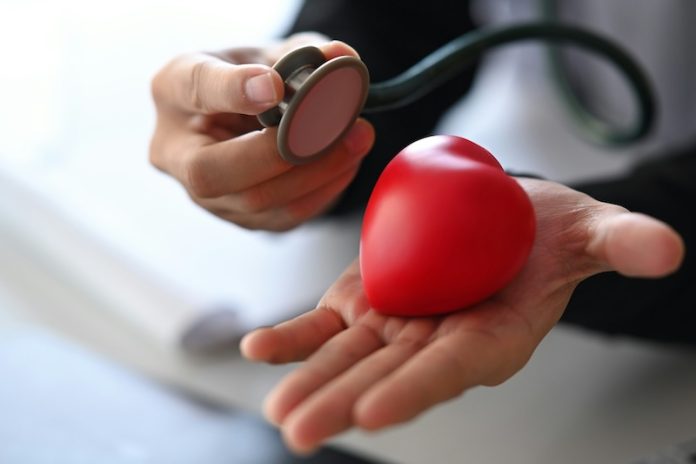
Swedish scientists have discovered 20 genetic changes that increase the risk of developing atherosclerosis, a condition where fatty deposits, or plaques, build up in the blood vessels.
These plaques can eventually block blood flow and lead to serious health problems like heart attacks and strokes.
The researchers hope their findings will lead to better ways of identifying people at high risk—before symptoms appear—and ultimately help prevent life-threatening cardiovascular diseases.
The study, published in Nature Communications, is the largest of its kind to use advanced imaging techniques alongside genetic analysis. It was carried out by a team of researchers from universities and hospitals across Sweden, using data from the SCAPIS study—a major health project involving 30,000 people aged 50 to 64.
Participants underwent detailed health checks, including high-resolution CT scans and ultrasounds of their blood vessels, making it possible to detect even early signs of atherosclerosis.
Atherosclerosis occurs when plaque builds up inside arteries, the blood vessels that carry oxygen-rich blood to the body’s organs. Over time, these plaques can harden or rupture, leading to dangerous blood clots.
If a clot forms in the arteries of the heart, it can cause a heart attack. If it travels to the brain, it can cause a stroke. Because atherosclerosis often develops silently, many people don’t realize they have it until they experience a serious event like a heart attack.
The researchers looked at millions of genetic variants scattered across the human genome and checked whether any of them were linked to signs of plaque buildup in the arteries.
They found 20 genetic variants that were strongly associated with a higher risk of having plaque in the coronary arteries, the vessels that supply blood to the heart. Some of these genetic variants may affect how cholesterol or inflammation behaves in the body, which could contribute to plaque formation.
They also looked at the carotid arteries, which supply blood to the brain and are involved in many strokes. When comparing genetic patterns between people with plaque in the coronary arteries and those with plaque in the carotid arteries, they found some key differences.
This suggests that although both conditions involve atherosclerosis, the underlying genetic causes might not be exactly the same. Different mechanisms may drive the buildup of plaque in different parts of the body.
Lead researcher Dr. Anders Gummesson, Associate Professor of Molecular Medicine at the University of Gothenburg, says these findings offer valuable new knowledge about the causes of atherosclerosis.
He hopes this research will eventually lead to genetic tests that can help identify people who are at high risk before they have any symptoms. That could allow for early lifestyle changes, regular monitoring, or preventive treatments to reduce the risk of heart attacks and strokes.
A key strength of the SCAPIS study is its size and level of detail. By using both imaging and genetic data from tens of thousands of people, the researchers were able to make much stronger connections than previous studies.
And importantly, the full dataset—containing results from millions of genetic markers—is being shared with other scientists around the world, helping to speed up global research into heart disease.
Cardiovascular disease remains the number one cause of death in Sweden and most countries globally. What makes it especially dangerous is that even people with advanced atherosclerosis may feel perfectly healthy—until a heart attack or stroke happens suddenly.
This study offers hope that in the near future, doctors may be able to use a person’s DNA to assess their risk of atherosclerosis early on, and take action before any damage is done. It’s a step forward in making heart disease prevention smarter, more personal, and more effective.
If you care about heart health, please read studies about how eating eggs can help reduce heart disease risk, and herbal supplements could harm your heart rhythm.
For more health information, please see recent studies about how drinking milk affects risks of heart disease and cancer, and results showing strawberries could help prevent Alzheimer’s disease.
The research findings can be found in Nature Communications.
Copyright © 2025 Knowridge Science Report. All rights reserved.



